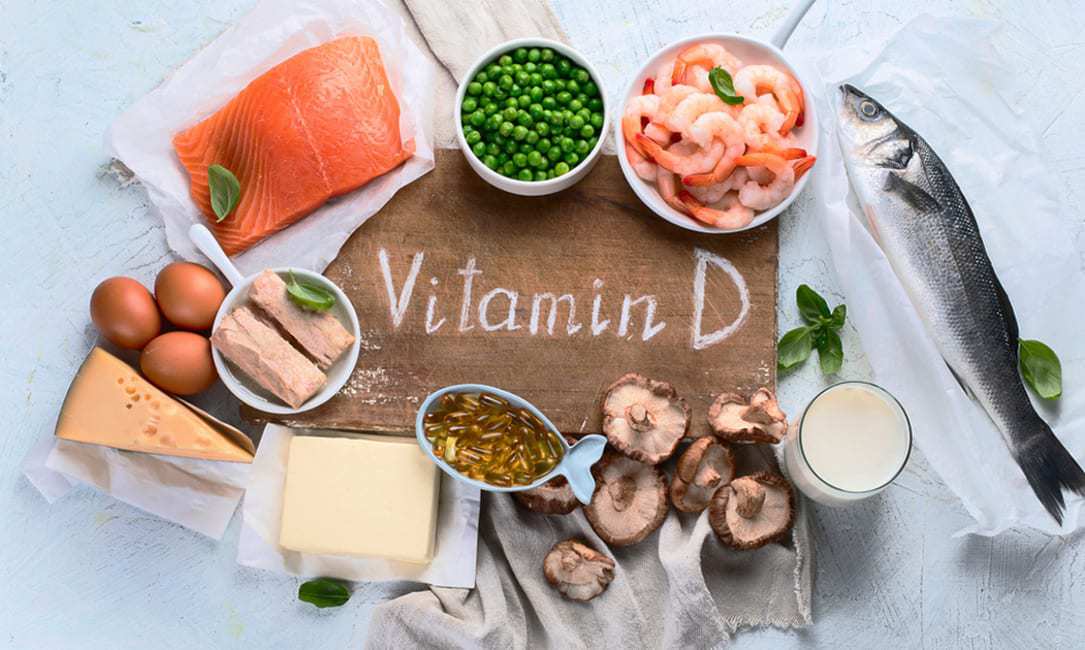The benefits of Vitamin D have been known to us for a while. It promotes bone health, facilitates hormone regulation, helps manage blood sugar levels, improves heart health and much more. But recent studies have proven that it’s also effective in helping us build immunity against infections such as COVID-19. To learn more about it and the specific studies that mention this, read what our Mashion follower, Hira Zahid, has to say:

While going through the latest research regarding coronavirus and its link with different nutrients, I was astonished at just how connected Vitamin D deficiency is to your chances of getting this virus. In multiple studies conducted recently, the geographical and nutrigenomics facts clearly point towards a relation between Vitamin D’s status in the body and our innate and adaptive immunity against this pandemic.
It seems apart from its classic role in bone health, Vitamin D contributes to immunity on a molecular level. I would like to quote an Indonesian Study which concluded, “COVID-19 morbidity and mortality are correlated with vitamin D deficiency.” It specifically focused and compared how the rate of mortality and morbidity of Covid-19 differs in populations of Scandinavian countries vs countries like Indonesian and Philippines. It is all linked to their blood serum levels of Vitamin D.
Another study published in MDPI states that “Through several mechanisms, vitamin D can reduce risk of infections.” All these mechanisms are explained in detail, but it boils down to the fact that inborn immunity needs Vitamin D to fight off viral infections that attack the respiratory system. The same paper concludes, “Vitamin D deficiency has been found to contribute to acute respiratory distress syndrome and that case-fatality rates increase with age and with chronic disease comorbidity, both of which are associated with lower 25(OH)D (This is Vitamin D) concentration.”

With the absence of a vaccine for COVID-19, hospitals, nursing home residents and community-dwelling adults in many countries are being advised to be equipped with Vitamin D and have a minimum daily dose of 20 micrograms per day. People that are more prone to the severe symptoms of this disease are also encouraged to make a habit of including Vitamin D in their diet, such as people with diabetes mellitus or compromised immune function, those who are overweight or obese, smokers and healthcare workers. The general public is also encouraged to have it as it has been deemed to produce immunity boosting results that will protect us against this pandemic.
Taking in consideration all these studies, facts, and figures – we all need to increase our Vitamin D intake. Try to include more foods in your diet that are rich in Vitamin D such as salmon, cheese, egg yolks, cod liver oil, mushrooms and fortified foods such as cow milk and soy milk. You should also increase your time in the sun and try to ensure that you get 15-20 minutes of it in a day. You might be social distancing, but that doesn’t mean you can’t enjoy a nice cold drink in your garden!









What do you think?
You must be logged in to post a comment.